It’s a hot summer evening and the team has just finished practicing; they are now warming down by running a couple of laps. In trademark colorful shirts and shorts one would mistake them for any other football team in Pakistan, but take a closer look and you quickly realize that these are not boys, but girls! Girls from the Balochistan United football club finishing off their practice for the day to be precise.
Balochistan United is Senator Rubina Irfan’s baby. She started the club around 10 years ago and the first three players were her own daughters.
“It started from home,” Senator Rubina says. “The first three players who played for the club were my own daughters and slowly and gradually we started building upon that.” She adds.
Today however, the club is growing and has signed on Pakistan’s top striker Hajra Khan; snatching her away from Diya Women’s football club.
“When I started the club, I had to convince parents of the girls to allow them to play football,” Rubina says. “At the start, we only had players from Balochistan and convincing the tribal people in the province wasn’t easy but we were able to convince them that these girls had a future in football.”
Balochistan United, along with other clubs, have played a crucial role in empowering women through sport, shattering cultural barriers and – although not in the same league as cricket – in Pakistan, Women’s football is making its mark.
So much so that Hajra Khan from Balochistan United has succeeded in becoming the first Pakistani woman footballer to sign up with a foreign team. She joined the Maldives’ Sunrise Hotels and Resorts Women’s FC in June this year and was named one of the five top players in the competition
“Personally it was a good experience for me,” Hajra says, “but what it’s also done is that now women footballers have hope that there is a future for us in the game.”
Problems Faced
As is the case with men’s football in Pakistan, women’s football also struggles to find sponsorships, which are generally reserved for the cricket team.
“We approached companies for sponsorships, some leading brands, but they told us they had no funds allocated to sponsoring women’s football … it was only for women’s cricket,” Says Raheela of the Balochistan United FC.
These clubs are mostly supported by their owners, but who will support them once the funds run out is something these girls don’t want to worry about.
However, despite lack of resources, there is still growth. This is evident from the fact that Balochistan United just recently signed on Areesha Riza, a player from Maldives international for a six-week period.
Opportunity in the Making
There is a great deal of potential for women’s soccer in the near future. Pakistan will host the third edition of the SAFF Women’s Championship in November 2014. In the first SAFF championships, Pakistan were semifinalists, but the last one saw them pushed out in the group stage.
“With the event being held in Pakistan, I hope we show the country the potential we have in women’s football,” says Mahpara, Pakistan’s top goalkeeper who also plays for Balochistan United.
Could this be the breakout year for women’s soccer in Pakistan?
Image credit: WikiCommons

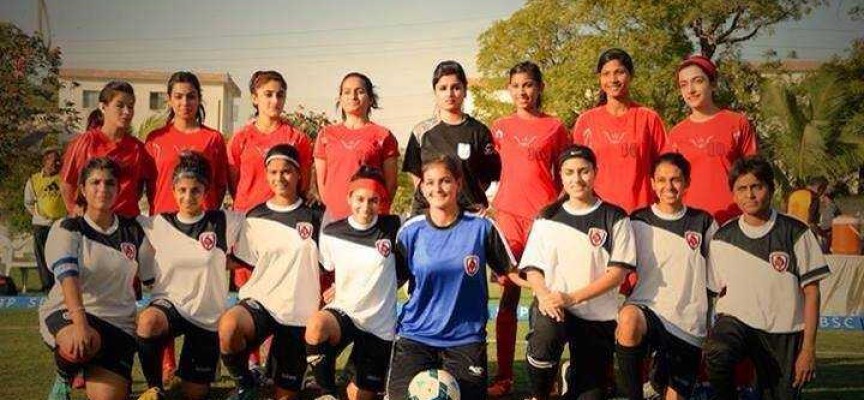

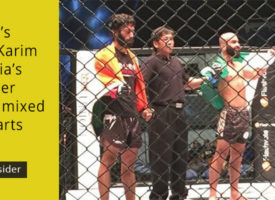
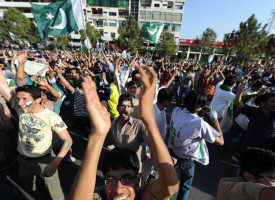
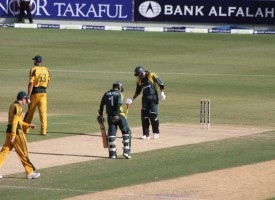
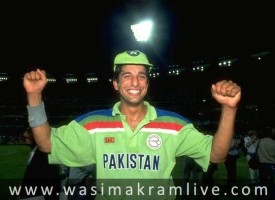
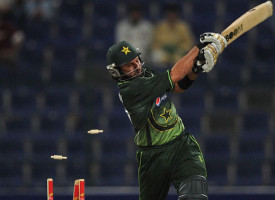
come to pakistan team practick in football
Hye my name is sana and i am very good footballer if u cant trust me plzz contact wid me i am very interest in football plzzz mje bhi ap logo k sath ana hai team mai :(